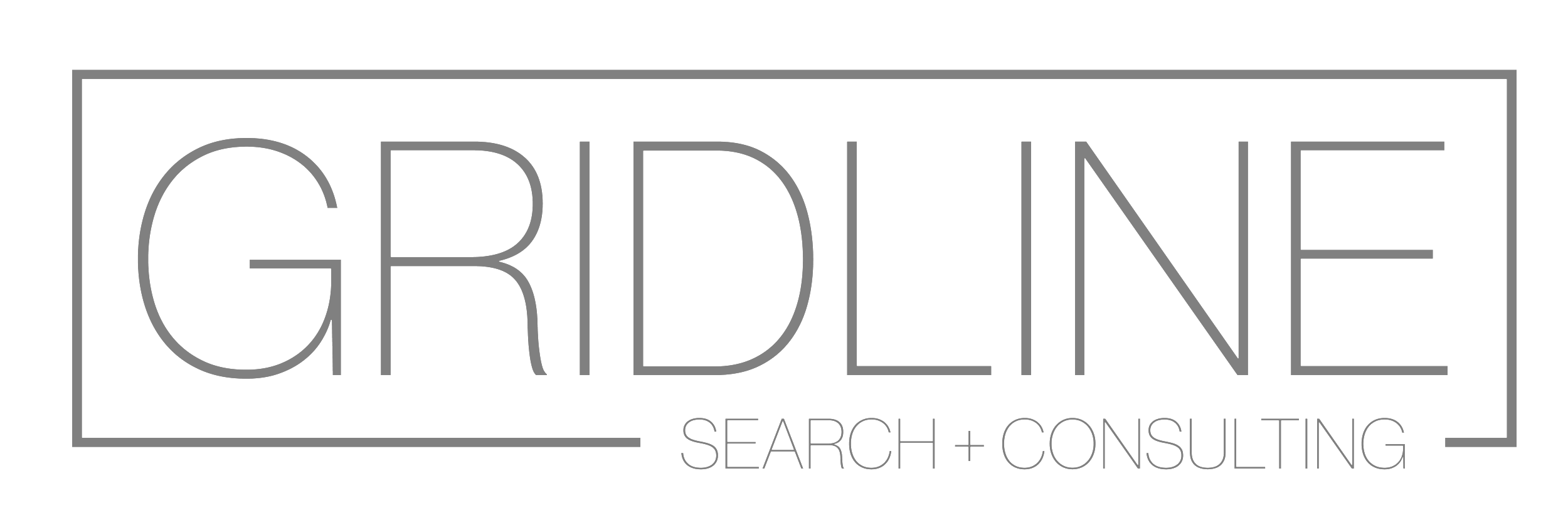Becoming a Fully (or Mostly) Remote BigLaw Associate
Returning to the office is getting tricky. Many BigLaw firms made announcements earlier in the year for a full or partial return to their office this fall. But that return has become complicated due to the Delta variant and lack of an approved COVID vaccine for children. Return-to-office dates are getting delayed. And then delayed again. And then delayed indefinitely. Sometimes the decisions are made last minute. Sometimes with a warning. Like other professional work environments, BigLaw firms are trying to do the best that they can with a mix of evolving science as well as changing CDC, state and local guidelines.
At the same time, many associates are in different personal and geographic situations than they were a year and a half ago when full-time remote work began. I have talked to NYC associates that have relocated to a house with more space in Upstate NY and want to be able to spend more time there. I have talked to others who have completely relocated to places as different as Florida and Idaho in order to be closer to aging parents, taking advantage of the remote flexibility. A lot of associates can't (or don't want to) return to their offices even part-time, let alone full-time.
Fortunately, now is a good time to think about a fully remote (or mostly remote), especially if you are a corporate or transactional associate in BigLaw. I first wrote about this topic in an article that I posted in May. But the ability to work remotely at a BigLaw firm for good has evolved in different ways even since the Spring of 2021:
Firms have started to differentiate themselves more clearly about return-to-office and remote work policies. (Above The Law has an ongoing tracker on this topic, last updated in mid-August.) Some firms are "strongly encouraging" a return-to-office at some point. Other firms are making it clear that remote work environments will always be part of their future. Lots of firms are somewhere in between. However, even without full clarity, more firms are giving associates at least some visibility about the firm's openness to remote associates.
The urgent need for associate talent (especially corporate associates) has only strengthened since the spring. Since the start of the year, the need for experienced capital markets in particular has been exceptionally strong at BigLaw firms. Now, more firms have equally urgent needs in their other key practice areas including private equity, M&A and finance, as well as some specialized non-corporate practice areas. This urgent need for talent has encouraged some firms to be very flexible on working arrangements for new associate hires in more practice areas.
More firms have overcome potential hurdles to allowing associates to work remotely for good. Since the start of the pandemic, the ABA has released two different opinions on the remote practice of law. These opinions have given firms comfort in setting up remote work arrangements. But there are other issues of concern besides the authorized practice of law: State income tax issues; Allowing some associates to work remotely, but not others; Triaging time zone differences. As more law firms have investigated and evaluated these issues and concerns, more law firms have gotten comfortable with more remote associates.
Most importantly, more associates have a stronger understanding of whether or not they need or want a remote situation. Many people who relocated during the pandemic did so with a temporary intention. For some, it is still considered temporary. Maybe, for example, they have a significant other who is a teacher or in another profession that will very likely require a return to working in-person. For others, a temporary situation has become something they want to turn permanent. They are enjoying a better cost of living or proximity to extended family. These associates might need to make a change.
In short, working as a remote BigLaw associate has never been more possible, but it still remains complicated. Not every firm or every practice at a firm will allow for a remote associate hire. Firms need to feel comfortable that an associate hired to work remotely will do so successfully. In the interview process, associate candidates need to be able to prove that they will fully engage with their team members and supervisors. In order to do this successfully, it's important to work with a recruiter that will prepare you accordingly.
